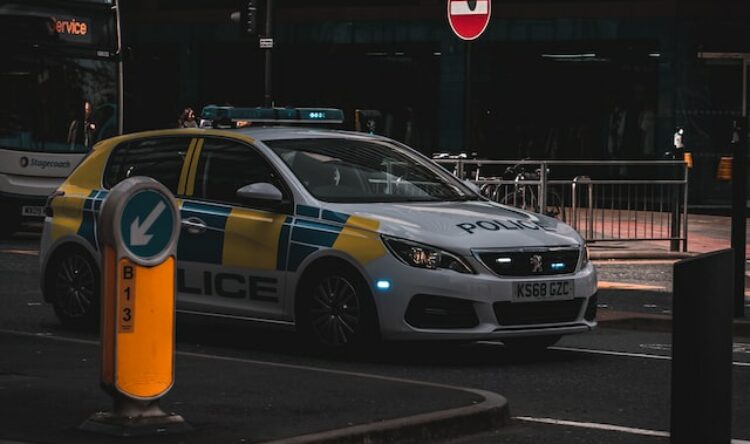More haste, less speed
20 mph speeed limits continue to grab the headlines
The introduction of default 20mph zones across Wales on restricted roads has certainly brought about a swift backlash.
Of course, this isn’t unusual for any significant change imposed on the normal routines of the general public. We’re never very good at accepting change.
Standing still
In the road safety sphere, look at the responses to breathalysers, compulsory seatbelts, speed cameras and so on. People don’t like change and, of course, it is always good to challenge decisions just to establish their veracity. Argument and discussion can bring in new perspectives, facts and factors that mean a rethink, or adjustment or even abandonment takes place.
In this case the power of the motoring lobby has been seen in full force. But what is different is that it has also become a political tool, and a weapon in the electioneering armoury in the drive to next. year’s general election.
The problem in all wars is that truths and facts are often the first casualties. It is important that all sides keep their eyes on the ball, the fact and the what is actually happening on the pitch.
Attitude behind the wheel
Road Safety GB has published an interesting ‘opinion’ piece by Gary Digva, founder of Road Angel. He says it is disappointing to see “such a pushback on life-saving policies”.
Pointing out the “mounting evidence” for 20mph limits, alongside the government’s official figures for road casualties showing rises in all areas makes the media headlines even more surprising.
“The introduction of 20mph roads across the UK could save hundreds of lives a year,” comments Digva. “Road safety should be the top priority with the high rate of deaths and serious injuries on Britain’s roads.
“Pedestrians are also proven to have a much higher chance of survival if hit at 20mph with a 2.5% chance of death, compared to 20% when travelling at 30mph.
In 2021, Spain rolled out a national 30km/h (18mph) speed limit on most urban streets and has seen a 20% decrease in road deaths.
“There is substantial evidence that this will work to make our roads safer, and potentially save hundreds of lives a year.”
Even the World Health Organisation and the UN General Assembly support the transition to 20mph streets. They have called on policymakers to act for low-speed streets worldwide.
“Despite this, there is growing opposition against the introduction of 20mph speed limits.”
Politicians re elected to make the tough decisions for the benefit of society, Sometimes, these initial decisions can seem unpopular, but they should be backed on evidence, research and for the benefit of the people. It seems strange that the British government has taken a high profile stance on this policy when it flies in the face of national and international facts and opinion.
A clear view
Digva believes the facts are being lost in the debate.
“New 20mph policies are not anti- motorists, they are anti-death” he says.
“Ultimately, the higher the speed, the higher the chance of being involved in an accident due to increased braking distances and shorter reaction times.
“Not only does lowering the speed limit reduce the impact force of a collision but it also dictates if a driver is able to stop in time to avoid a crash.
It is disappointing to see that there is such a pushback on life-saving policies”.
You can read the full article here.






